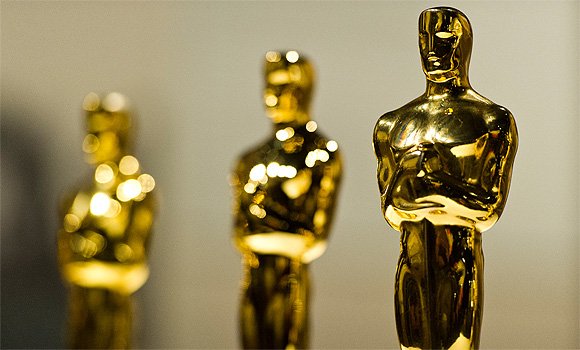Oscar boycott
#Oscarsowhite

The 2016 Oscars will be forever known as the year that Leonardo DiCaprio finally won his well anticipated Oscar after years of talent starring in numerous films. With the media up in ablaze, it is easy to shortfall the underlying issue that was happening behind the big screen. While the Academy was finally recognizing well known actors for their talent, others were overshadowed.
When the the Academy released the list of the Oscar Nominees to the public, people started to notice a lack of… color. The hashtag #Oscarsowhite began to trend and many well known celebrities such as Will Smith, George Clooney, Mark Ruffalo, Lupita Nyong’o and several other actors, actresses and directors began to voice their opinion on the lack of diversity.
Portage Northern student Kennedy Williams (11) says, “ I think the boycott is justified because there isn’t a lot of representation for people of color in the casting of movies, if you don’t have POC in movies, you won’t have many people nominated.”
Though the boycott was intended to send a powerful message to the public about the lack of diversity, there are some A-listers who oppose. Charlotte Rampling, nominee for best actress, expresses her view to the New York Times that “One can never really know but perhaps the black actors did not deserve to make the final list.” She is not the only person who seems to oppose or disregard the idea of a boycott. In a CNN poll, six in ten Americans said that it does not matter to them that none of the nominees in major Oscar categories are racial minorities.
Taking a different stance on the issue is four time Grammy winner Lionel Richie who explains that “I think what you do is you show up, you show your face, you show up and by the way, if you can’t find a role, create a role.”
The Oscars have always been a platform to bring awareness to social issues. This year there has been emphasis on global warming, sexual abuse on church and campus, and of course, racial discrimination. Comedian Tina Fey adds her input about her experience with the 2016 Oscars, “Everyone’s telling me like what to do and it was like, people are yelling at me about rape and corporate greed, but really it’s climate change, and I was like you’re all rich. Why are you yelling at me about corporate greed? You’re all so rich.”
Regardless if the 2016 Oscar boycott actually impacted Hollywood, it is hard to deny the fact that people are talking about the lack of diversity issue that is prevalent in the entertainment industry, and getting people talking, is just the first step in understanding the importance that diversity brings to our society. “America loves black culture and black contributions to the arts especially, but are apparently still hesitant to claim that,” says Jamila McKenzie (12).



